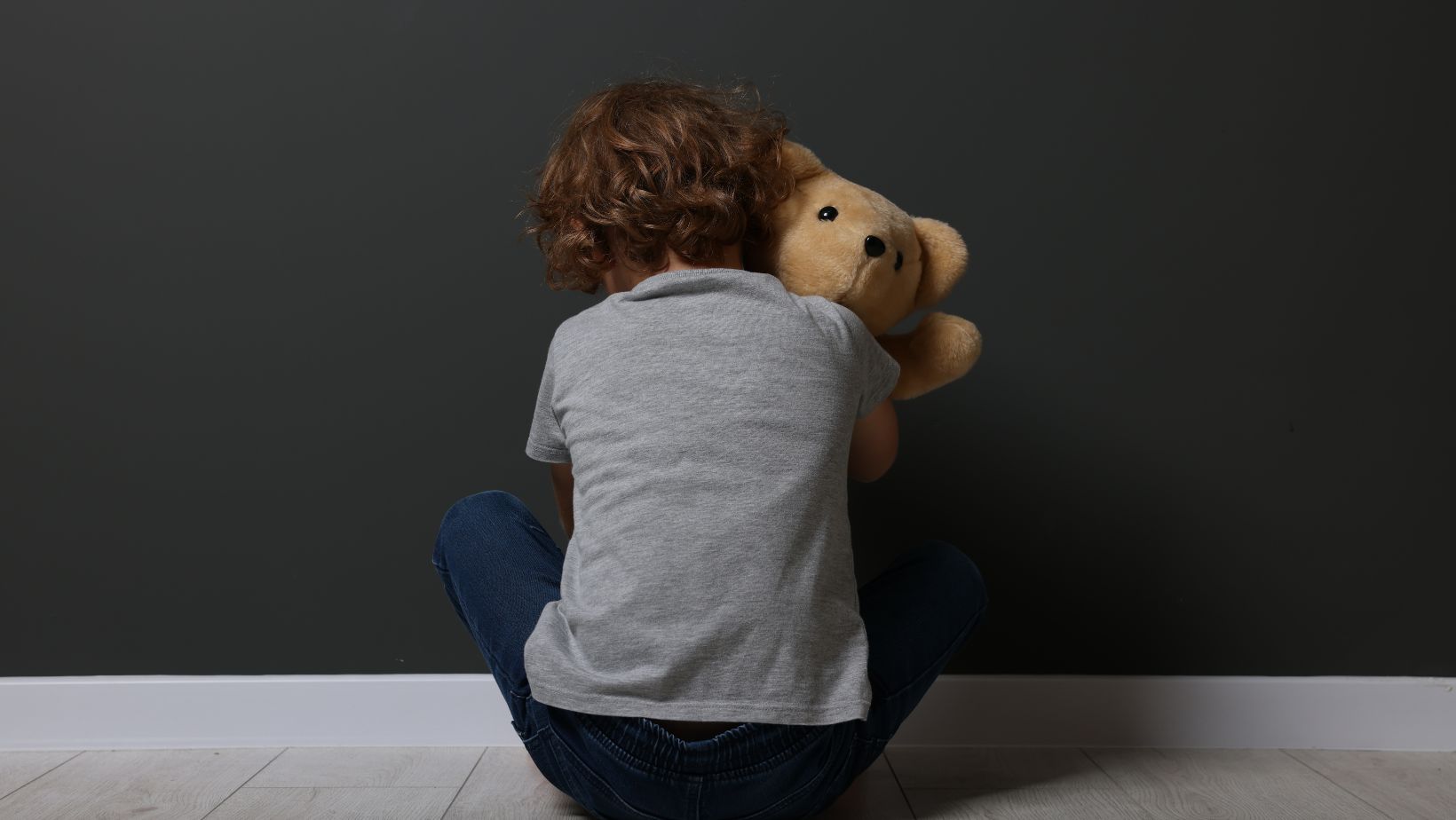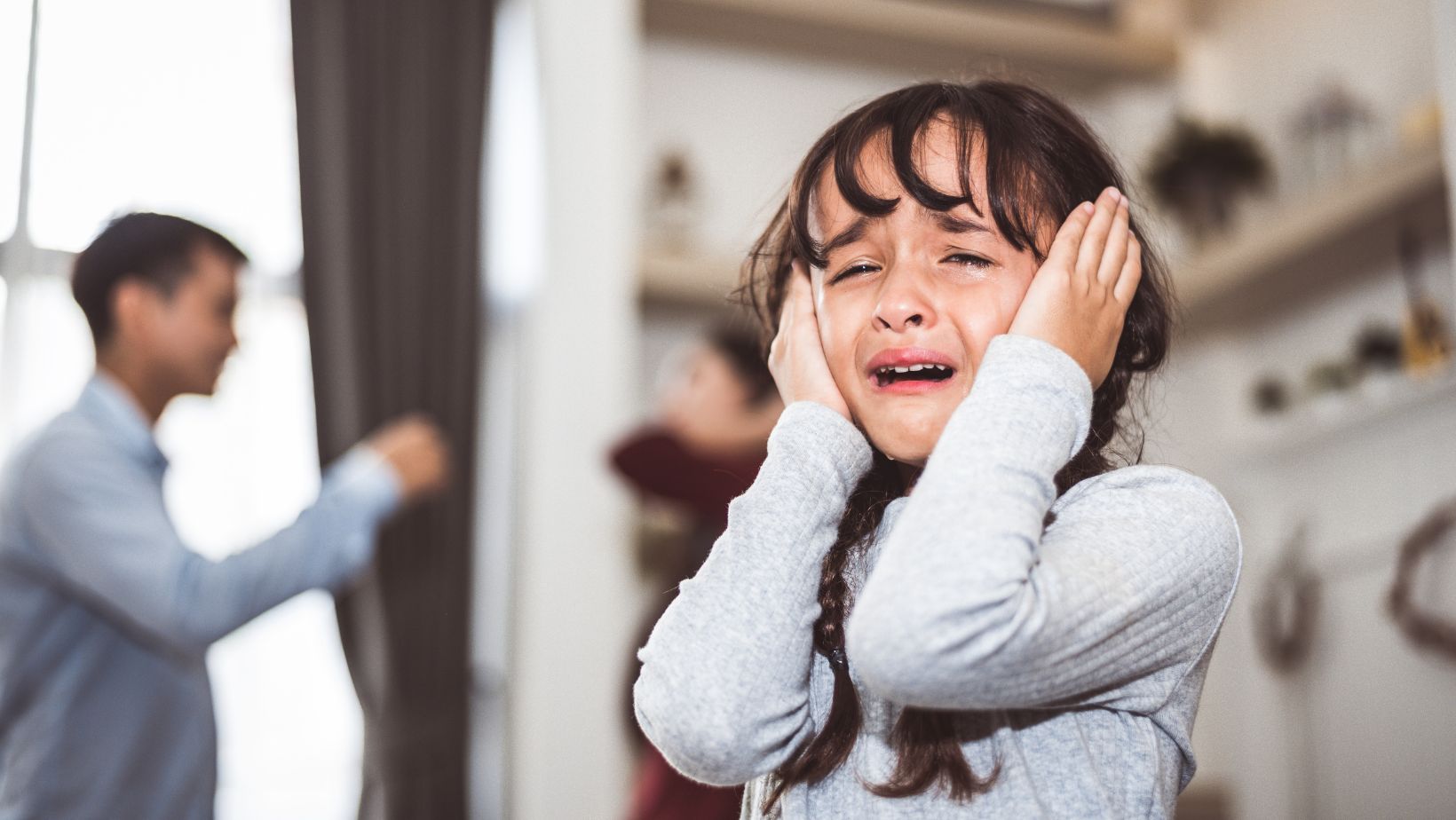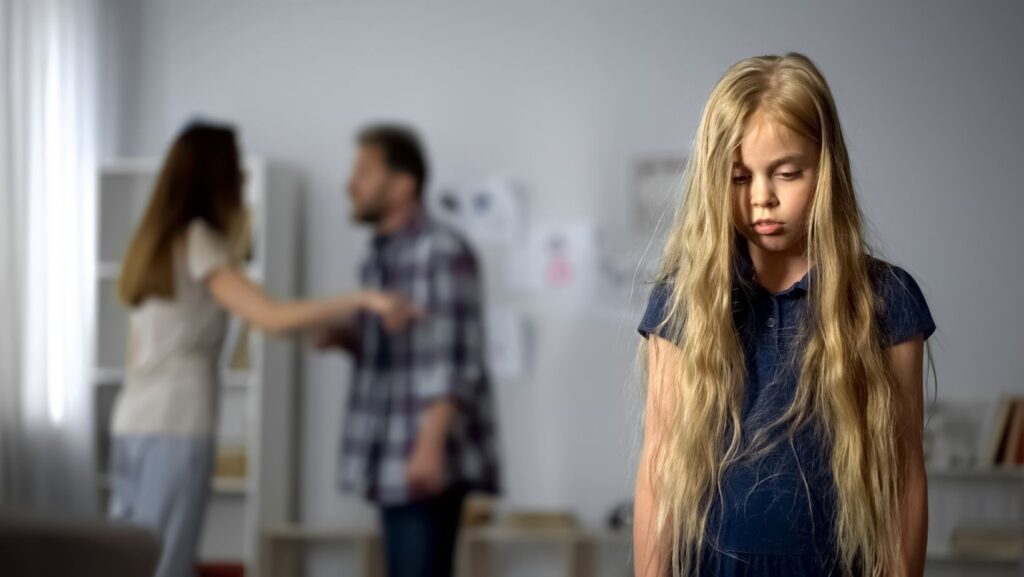What Is Emotional Abuse?
Emotional abuse is a form of psychological mistreatment which can have a lasting negative impact. It is defined as deliberate actions or words designed to scare, humiliate or isolate, and is often associated with other forms of abuse.
Examples include:
- Continual rejection
- Terrorising into actions
- Enforced social isolation
- Bullying and belittling
- Threats to harm loved ones
- Exposure to violence
- Constant verbal abuse
Most often this abuse comes from a parent or close family member, but other adults and peers could be culprits too.
How Can It Affect Children?
Children who experience emotional abuse may develop psychological or physical problems as a result of this harm, whether it’s infrequent or all the time.
Classic coping strategies include self-soothing movements such as rocking or thumb-sucking, eating disorders and extreme adaptive behaviours e.g., hardly speaking, being highly compliant or reacting defensively. Older children can turn to self-harm and drug or alcohol abuse.

Emotional abuse is often behind behavioural issues as it makes it difficult for children to trust and form healthy relationships, leading to them acting out. This is paired with an inability to regulate emotions, difficulty expressing themselves and low self-esteem and self-worth.
Disorders are a common development in emotionally abused children. They range from physical disorders from migraines to obesity to mental health issues like OCD and anxiety. In extreme cases, it can influence learning and speech problems and even suicidal thoughts.
Recognising Emotional Abuse
Signs that a child is being emotionally abused may be as subtle as a lack of confidence and self-assurance, so it can be hard to verify from the outside, especially during the teenage years when hormones and personality shifts are rife. As a general rule, watch out for problems with controlling emotions, isolation from others and behaviour inappropriate for their age.
If you are concerned about your partner’s treatment of your children, you can speak to specialists in family law to discuss how best to protect them. They will also be able to advise on the process for restraining orders and legal separation and how to ensure everyone’s safety should you wish to divorce your partner. When emotional abuse is a factor, child custody decisions must prioritize the child’s safety and emotional well-being, and legal counsel can help ensure these factors are taken into account.
How To Help Abused Children
Often children don’t open up about emotional abuse as they blame themselves for what is happening, or can’t see that the behaviour against them is wrong. If you suspect mistreatment, don’t push them to talk but make your relationship a safe space where they can speak freely.

Should they bring it up in conversation, listen carefully and reassure them that they should have told you. Emphasise that what’s happening isn’t their fault and explain what you’ll do next to show you’ve taken them seriously.
Don’t be tempted to confront the abuser directly. Seek specialist advice, even if the abuse is being conducted by a family member. If you’re connected to the child via your profession, i.e. because you’re their teacher, follow the safeguarding and child protection policies of your workplace. This ensures the issue is reported to the right people through the correct channels and they get the required help.
Consider speaking to a counsellor if you’re struggling to emotionally remove yourself from the situation.
